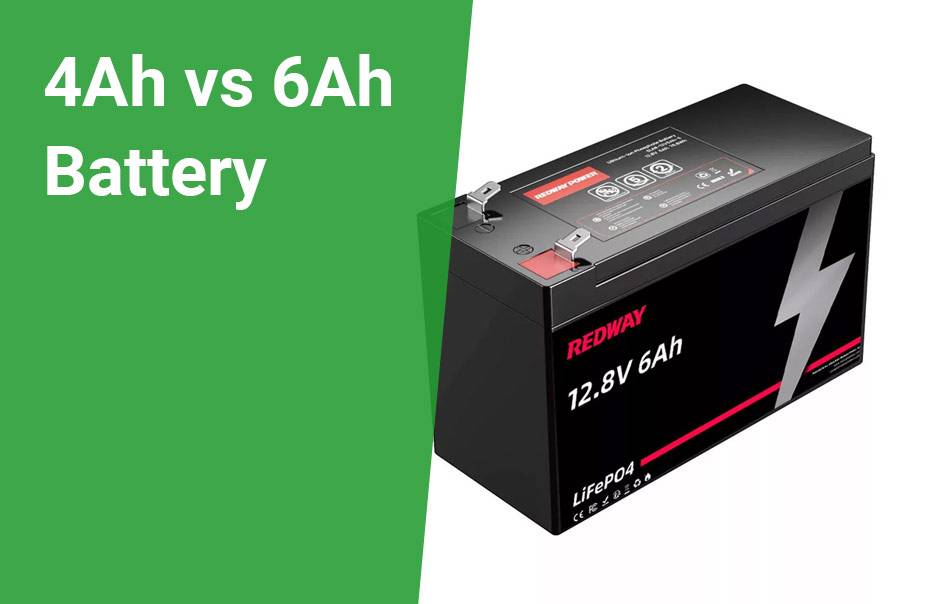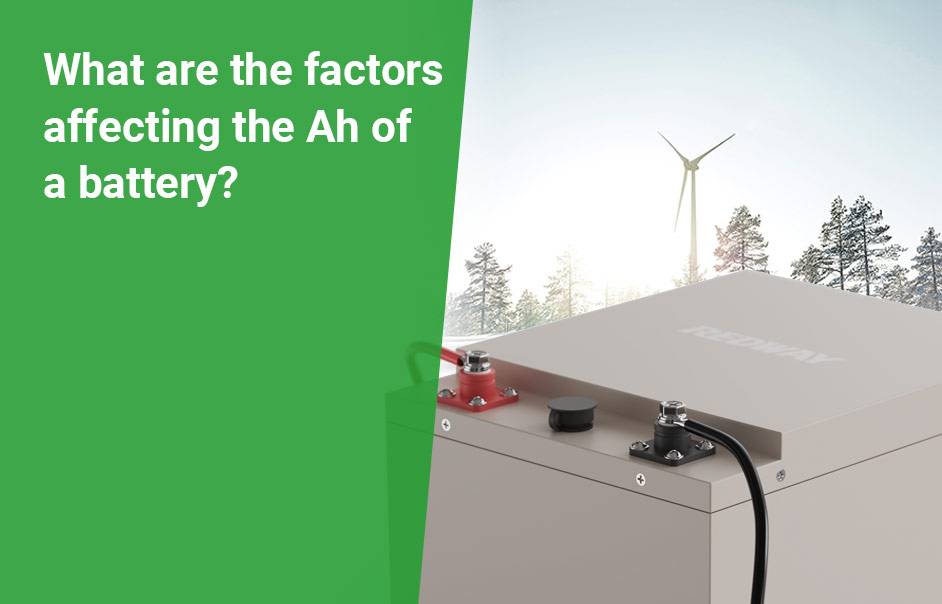- Lithium Golf Cart Battery
- Forklift Lithium Battery
-
48V
- 48V 210Ah
- 48V 300Ah
- 48V 420Ah (949 x 349 x 569 mm)
- 48V 420Ah (950 x 421 x 450 mm)
- 48V 456Ah
- 48V 460Ah (830 x 630 x 590 mm)
- 48V 460Ah (950 x 421 x 450 mm)
- 48V 460Ah (800 x 630 x 600 mm)
- 48V 460Ah (820 x 660 x 470 mm)
- 48V 500Ah
- 48V 560Ah (810 x 630 x 600 mm)
- 48V 560Ah (950 x 592 x 450 mm)
- 48V 600Ah
- 48V 630Ah
-
48V
- 12V Lithium Battery
12V 150Ah Lithium RV Battery
Bluetooth App | BCI Group 31
LiFePO4 Lithium
Discharge Temperature -20°C ~ 65°C
Fast Charger 14.6V 50A
Solar MPPT Charging - 24V Lithium Battery
- 36V Lithium Battery
- 48V Lithium Battery
-
48V LiFePO4 Battery
- 48V 50Ah
- 48V 50Ah (for Golf Carts)
- 48V 60Ah (8D)
- 48V 100Ah (8D)
- 48V 100Ah
- 48V 100Ah (Discharge 100A for Golf Carts)
- 48V 100Ah (Discharge 150A for Golf Carts)
- 48V 100Ah (Discharge 200A for Golf Carts)
- 48V 150Ah (for Golf Carts)
- 48V 160Ah (Discharge 100A for Golf Carts)
- 48V 160Ah (Discharge 160A for Golf Carts)
-
48V LiFePO4 Battery
- 60V Lithium Battery
-
60V LiFePO4 Battery
- 60V 20Ah
- 60V 30Ah
- 60V 50Ah
- 60V 50Ah (Small Size / Side Terminal)
- 60V 100Ah (for Electric Motocycle, Electric Scooter, LSV, AGV)
- 60V 100Ah (for Forklift, AGV, Electric Scooter, Sweeper)
- 60V 150Ah (E-Motocycle / E-Scooter / E-Tricycle / Tour LSV)
- 60V 200Ah (for Forklift, AGV, Electric Scooter, Sweeper)
-
60V LiFePO4 Battery
- 72V~96V Lithium Battery
- Rack-mounted Lithium Battery
- E-Bike Battery
- All-in-One Home-ESS
- Wall-mount Battery ESS
-
Home-ESS Lithium Battery PowerWall
- 24V 100Ah 2.4kWh PW24100-S PowerWall
- 48V 50Ah 2.4kWh PW4850-S PowerWall
- 48V 50Ah 2.56kWh PW5150-S PowerWall
- 48V 100Ah 5.12kWh PW51100-F PowerWall (IP65)
- 48V 100Ah 5.12kWh PW51100-S PowerWall
- 48V 100Ah 5.12kWh PW51100-H PowerWall
- 48V 200Ah 10kWh PW51200-H PowerWall
- 48V 300Ah 15kWh PW51300-H PowerWall
PowerWall 51.2V 100Ah LiFePO4 Lithium Battery
Highly popular in Asia and Eastern Europe.
CE Certification | Home-ESS -
Home-ESS Lithium Battery PowerWall
- Portable Power Stations
Which Battery Offers Better Performance: 4Ah or 6Ah?

The choice between a 4Ah and a 6Ah battery often comes down to performance needs and application requirements. A 6Ah battery provides longer runtime and higher capacity, making it suitable for demanding applications, while a 4Ah battery is lighter and more portable for less intensive use. Understanding these differences can help you make an informed decision.
What is the Difference Between 4Ah and 6Ah Batteries?
The primary difference between a 4Ah (Ampere-hour) battery and a 6Ah battery lies in their energy storage capacity. A battery rated at 6Ah can deliver more energy than one rated at 4Ah, specifically:
- Capacity: A 6Ah battery has a capacity that is 50% greater than that of a 4Ah battery.
- Runtime: Under similar discharge conditions, the 6Ah battery can power devices for longer before needing to be recharged.
How Does Capacity Affect Battery Performance and Runtime?
Battery capacity directly influences how long devices can operate between charges. Here’s how:
| Battery Type | Capacity (Ah) | Expected Runtime (hours) |
|---|---|---|
| 4Ah | 4 | Up to X hours |
| 6Ah | 6 | Up to Y hours |
For example, if both batteries are used to power the same device drawing 2A, the runtime can be calculated as follows:
- 4Ah battery: 4 Ah2 A=2 hours
- 6Ah battery: 6 Ah2 A=3 hours
This shows that the 6Ah battery offers significantly longer usage time.
Why Would You Choose a 4Ah Battery Over a 6Ah Battery?
Choosing a 4Ah battery may be beneficial in certain situations:
- Portability: The 4Ah battery is lighter and more compact, making it easier to carry.
- Cost: Generally, 4Ah batteries are less expensive than their 6Ah counterparts, making them budget-friendly for casual users.
- Occasional Use: For devices that are used infrequently or for shorter periods, the lower capacity may be sufficient.
What Are the Advantages of Using a 6Ah Battery?
The benefits of opting for a 6Ah battery include:
- Extended Runtime: Ideal for power-hungry devices or prolonged usage scenarios.
- Higher Power Output: Can deliver more power when needed, making it suitable for demanding applications like power tools.
- Less Frequent Charging: With greater capacity, users can enjoy longer intervals between charges.
How Do Different Applications Benefit from Higher Ah Ratings?
Different applications have varying power requirements:
- Power Tools: Tools requiring sustained power benefit significantly from higher Ah ratings.
- Electric Vehicles (EVs): Higher capacity batteries allow for longer driving ranges on single charges.
- Portable Electronics: Devices like laptops or tablets can operate longer without needing to recharge.
Can You Use a Higher Ah Battery in Place of a Lower One?
Yes, you can generally use a higher Ah battery in place of a lower one, but there are considerations:
- Compatibility: Ensure that the device supports the higher capacity without issues.
- Weight and Size: A higher Ah battery may be bulkier and heavier, affecting portability.
- Charging Time: Expect longer charging times with larger batteries.
What Are the Trade-offs Between Choosing a 4Ah or a 6Ah Battery?
When deciding between these two options, consider:
| Factor | 4Ah Battery | 6Ah Battery |
|---|---|---|
| Weight | Lighter | Heavier |
| Cost | Generally cheaper | More expensive |
| Runtime | Shorter usage time | Longer usage time |
| Charging Time | Quicker charge | Longer charge |
The right choice depends on your specific needs regarding portability versus performance.
What Replacement Options Are Available for Lithium-Ion Batteries?
For those looking for alternatives or replacements, consider:
- Nickel-Metal Hydride (NiMH): Offers decent performance but generally has lower energy density than lithium-ion.
- Lead-Acid Batteries: More affordable but heavier and less efficient compared to lithium-ion options.
- Solid-State Batteries: Emerging technology with potential advantages in safety and energy density.
Redway Power has great solutions for enhancing performance with high-quality lithium-ion batteries tailored to specific needs.
Tips for Battery Wholesale Buyers
When sourcing batteries wholesale, consider these key points:
- Quality Assurance: Ensure manufacturers adhere to strict quality standards.
- Experience: Choose manufacturers with proven expertise in lithium battery production.
- OEM Capabilities: Look for manufacturers like Redway Power, known for their OEM services, ensuring they can meet specific design requirements.
To place an OEM order with a reliable manufacturer like Redway Power, follow these steps:
- Define your specifications clearly.
- Contact the manufacturer to discuss your needs.
- Review samples or prototypes before finalizing your order.
Redway Power Expert Views
“Choosing between different amp-hour ratings requires careful consideration of your specific application,” states an expert from Redway Power. “While higher capacities offer extended runtimes, it’s essential to balance this against weight and cost factors to find the best fit.”
FAQ Section
- What does Ah mean in batteries?
Ampere-hour (Ah) measures the energy capacity of a battery; higher Ah means more stored energy and longer runtime. - Is it better to use a higher Ah battery?
A higher Ah battery generally provides longer runtime but may be heavier and more expensive. - Can I replace my old battery with one that has a higher Ah rating?
Yes, but ensure compatibility with your device’s specifications regarding size and voltage.













